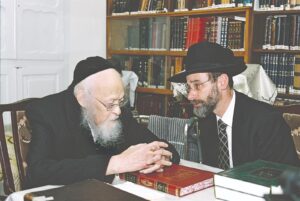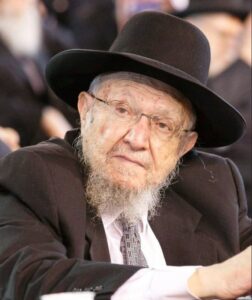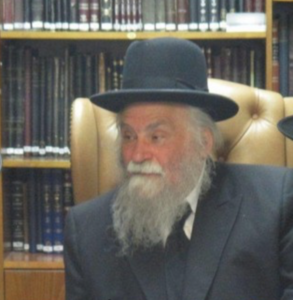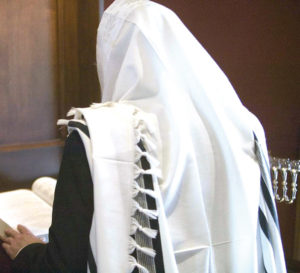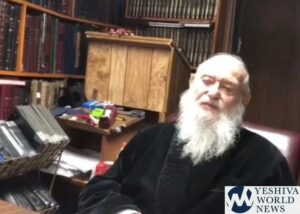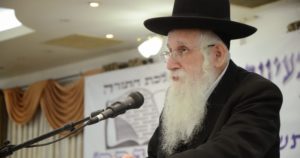
HaRav Yitzchak’s Psak: What Day Do IDF Soldiers Read The Megillah In Gaza?
Chief Rabbi HaGaon HaRav Yitzchak Yosef issued a p’sak regarding what day the IDF soldiers should be mekayeim the mitzvos of Purim in the Gaza Strip, which is a location that may have been surrounded with a wall at the time of Yehoshua. In a lengthy teshuva that examines the halachic position of the Gaza Strip, HaRav Yitzchak paskened that IDF soldiers serving in Gaza should read the Megillah on the 14th of Adar only (Motzei Shabbos and Sunday this year) and should not read it on the 15th, even without a bracha. HaRav Yitzchak writes that since today there are no Jews living in Gaza, it has the status of a city of goyim which is not populated by Jews. According to the Yerushalmi, a Jew in a city of goyim reads the Megillah on the 14th only, even in cities surrounded by a wall. Also, the Rishonim pasken that even in a city surrounded by a wall, there needs to be at least ten talmidei chachamim in the city in order to read the Megillah on the 15th. Also, it’s unclear if the entire Gaza Strip is classified as a city that may have been surrounded by a wall or only the “city of Gaza itself” has that status. We hold according to the poskim that say that the villages surrounding a city which is in safeik of being a walled city (even if it’s populated by Jews), do not read the Megillah on the 15th. HaRav Yitzchak emphasized that his p’sak stems from the unique status of the Gaza Strip, which has no established Jewish settlement and that the p’sak does not diminish the kedushah of Purim and the IDF soldiers can fulfill the mitzvah of Kriyas Megillah properly on the 14th. (YWN Israel Desk – Jerusalem)




